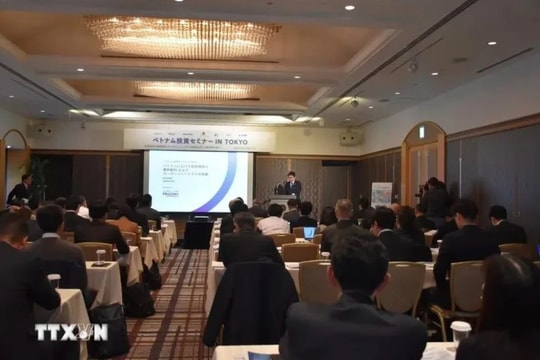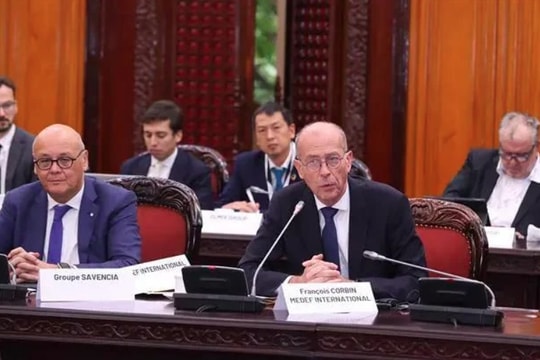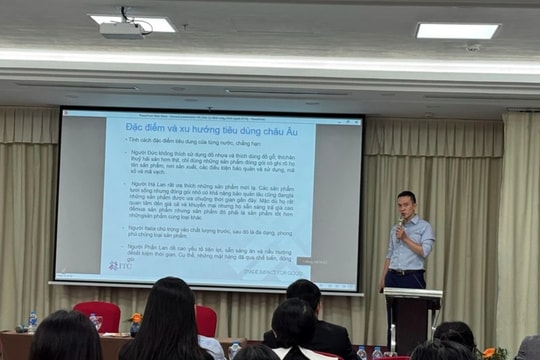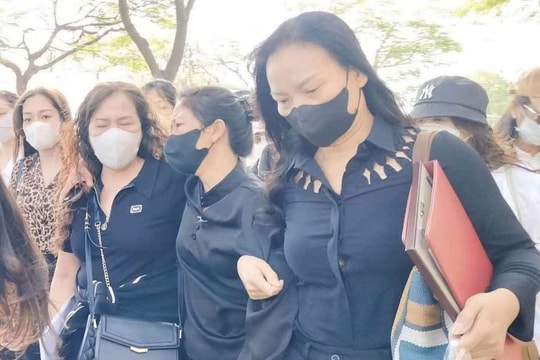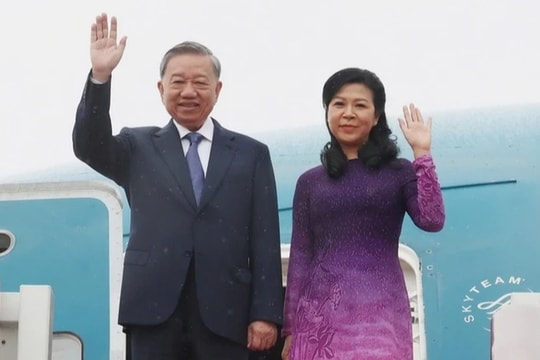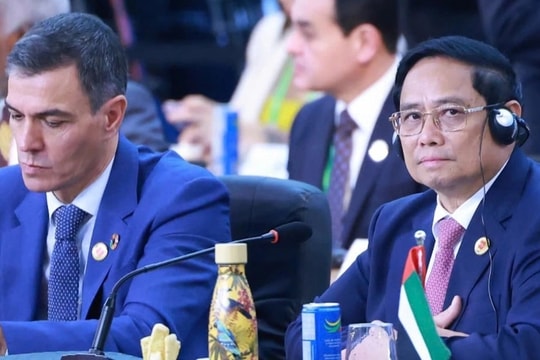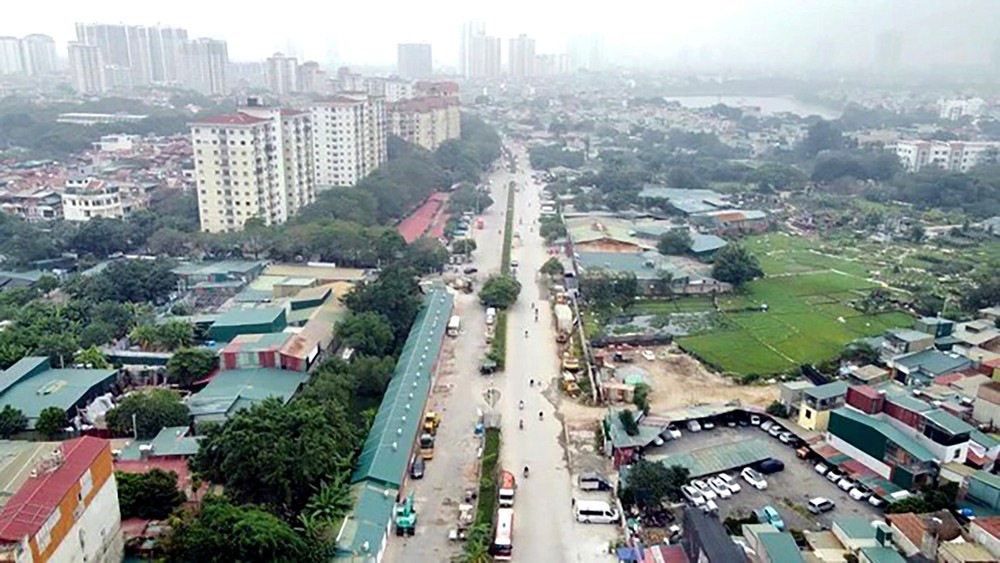
"A simple policy for a complex reality"
This is how Associate Professor Dr. Duong Dang Hue, Deputy Head of the Business Legal Affairs Club (Ministry of Justice), describes the challenges facing the effectiveness of PPP investments in Vietnam. According to him, the number of PPP projects has significantly decreased since the PPP Law took effect on January 1, 2021. One key reason for this is the mismatch between the complexity of real-world projects and the existing legal framework.
"A complex and vast legal relationship is being governed by a simplistic legal system—like an egg thrown at a rock," Mr. Duong Dang Hue remarked. Although there are laws, decrees, and guiding circulars, many important issues related to PPPs remain unclear. For instance, the current PPP Law lacks provisions on the responsibility of provincial People's Committees in cases of delayed land handovers or on the authority responsible for resolving disputes over fluctuating project revenues.
At the Investment Legal Forum held in April 2024 by the Vietnam International Arbitration Center (VIAC) and the HCMC Investment and Trade Promotion Center (ITPC), legal experts acknowledged that the 2020 PPP Law, after being in effect for some time, has revealed certain limitations that hinder investors.
In August 2023, the National Assembly passed Resolution 98/2023/QH15, introducing pilot mechanisms and policies to support the development of HCMC, creating new avenues for attracting PPP investments. Among its provisions, Resolution 98 allows the city to apply BT contracts paid through the State budget. However, experts at the forum pointed out that some aspects of the resolution are not fully aligned with the current PPP Law framework, making its implementation, especially for BT projects, challenging and potentially unfeasible for investors.
For BT projects carried over from before the PPP Law, Resolution 98 allows for payment through State-managed land in cases of public asset restructuring or disposal. These BT contracts, "signed in accordance with the law at the time of signing before the PPP Law took effect, but which have not yet completed payment to the investor," are subject to this provision. However, the leadership of HCMC's Department of Planning and Investment has noted that determining whether these contracts comply with legal regulations is a complex challenge.
The MPI is currently proposing that this determination be based on the conclusions of auditing and inspection agencies. However, the Department of Planning and Investment in HCMC has pointed out that this approach is "extremely difficult." As such, the special policy resolutions are not necessarily a "magic wand" for PPP projects, including BT projects. All proposed solutions are now focused on the need for the NA to amend the PPP Law.
Bold proposals
The draft proposal for amending and supplementing several articles of the Planning Law, Investment Law, PPP Law, and Bidding Law includes revisions to about 20 articles of the PPP Law, aiming to address the ongoing challenges and issues related to transitional BOT and BT projects.
Given the complexity and broad impact of many proposed changes, some of which are currently being piloted in certain regions—such as BT contracts that involve paying investors with rights to execute projects near transportation hubs or in transit-oriented development (TOD) areas, and using public assets for BT payments—it is reasonable that the review agency has suggested separating the amendments to the PPP Law into a distinct law.
Mr. Tran Quoc Phuong, MPI Deputy Minister, explained that the draft amendments to the PPP Law include provisions designed to revive stalled BT projects. The draft allows for BT projects that signed contracts before the law's enactment to include post-construction interest costs, with reasonable profits outlined in the project’s financial plan being added to the total investment for payment.
Additionally, the draft proposes that contracts signed before the law's effective date can continue as planned. In cases where the law at the time of contract signing lacked specific provisions, the new law's regulations will apply.
For BT project contracts paid with cash that were signed before the law took effect, if interest costs after the construction period and reasonable profits are defined in the financial plan, these will be included in the total investment for payment. BT contracts paid with land, which have been confirmed by State audit or inspection agencies as complying with applicable legal regulations, will continue to be implemented and paid according to the terms of the signed contract.
For BT contracts paid with land that have been determined by State audit or inspection agencies to be inconsistent with the relevant legal regulations, and where administrative penalties and corrective actions have been applied in accordance with the law on administrative violations, several solutions are being considered.
One option is to terminate the contract if the investor has not yet built the project. Another option is if the investor has completed the project but has not yet been allocated the land for payment, the competent authority will negotiate with the investor to amend or supplement the contract.
The draft also specifies that in cases where the contract must be terminated as outlined above if the non-compliance is due to the investor's fault, the investor will bear all risks and will not be reimbursed for the costs incurred. If the fault lies with the competent authority, the authority will allocate the necessary funds to compensate the investor. In cases where both parties are at fault, they will negotiate and determine the costs for early termination of the contract.
However, Mr. Tran Quoc Phuong emphasized that, alongside the amendments to the PPP Law, several other legal documents related to construction, finance, and other sectors also need to be revised synchronously.
Reactivating new investment projects under BT contracts
Regarding the proposal to reactivate new investment projects under the BT contract model, Deputy Minister of Natural Resources and Environment Le Minh Ngan confirmed that the Ministry is working swiftly to draft a resolution for submission to the NA to address challenges related to land use violations, land allocation, and leasing without auctions or tenders, as well as reassessing land prices and financial obligations related to land use.
Local authorities are encouraged to propose flexible solutions, such as requiring investors to pay the difference in land value to the State budget or adjusting urban planning to ensure fairness for both parties.






